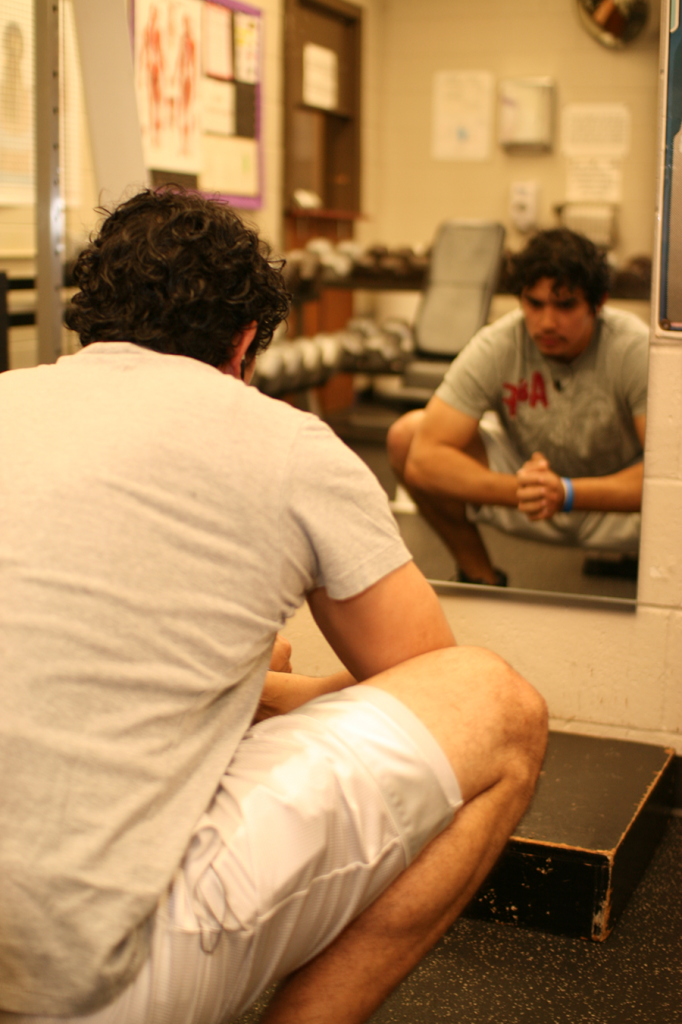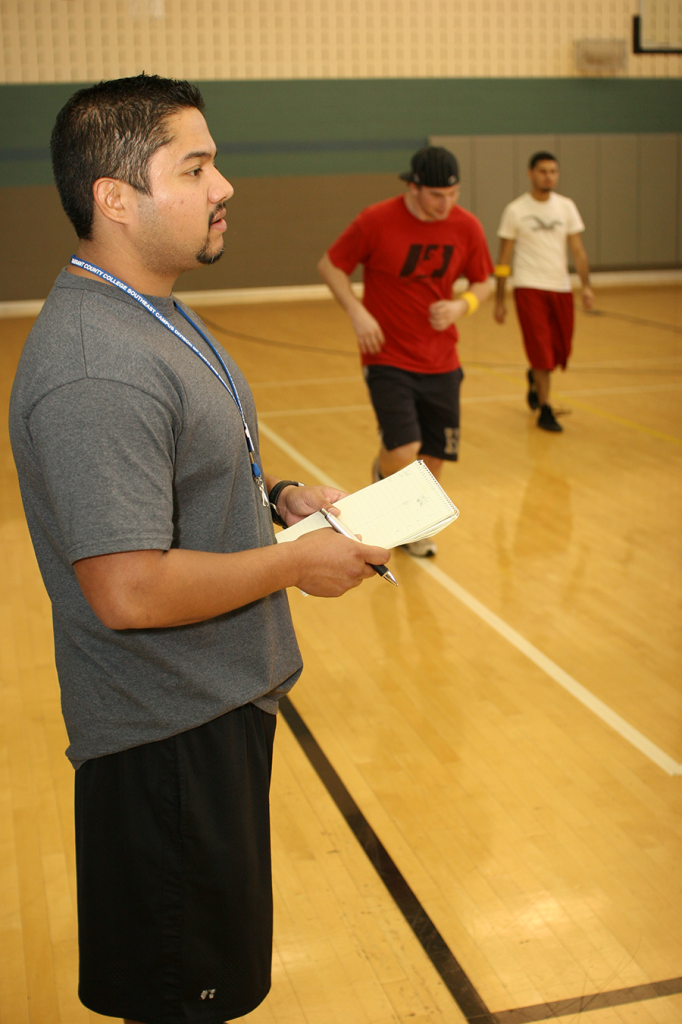By Jackie Bushnell/reporter
Transferring from a community college to a university can be stressful, exciting and overwhelming all at once. By following certain criteria, students can have a more efficient, smoother and easier transfer.
Ask the right people the right questions to get the right answers.
South Campus student Kayla Langford said she had a positive transferring experience.
“Transferring is only as hard as you make it,” she said. “If you do not take the time to meet with counselors at your current school and the school you will be attending, it makes things difficult.”
Meeting with counselors from the college currently enrolled in is just as important as meeting and talking with counselors from the college transferring to. Making sure to have enough transferable class credits and a sufficient GPA to attend the next college is key to starting the transfer process. Counselors can provide this information.
An advising meeting should be the first step to the transfer process.
Contact the financial aid office to ask basic questions.
Because a community college is less expensive than a university, students may not be prepared for the larger budget needs of a university. Financial aid, for many students, is essential, so a visit to the college’s financial aid office will help. Students need to ask how much financial aid is available based on qualifications met and then how much that estimated financial aid will cover.
Since tuition and housing costs are more expensive at larger universities, it may take more student loans to cover all the higher budget needs. Students need to consider costs outside of tuition and books, such as food, gas and recreation.
Since many students live at home while attending community college, they often lose perspective on a realistic budget because parents may cover the major costs, like putting a roof over their heads and clothing and feeding them. Transferring to a school away from home comes with new expenses for most students.
“I had no idea how to figure everything out financially, and the financial aid office really helped me out,” Langford said.
Visit more than one university to help make the right choice.
Visiting and researching as many colleges as possible before deciding on one can help students feel confident they will make the correct decision.
Before going to see a college, students should make appointments and check for pre-arranged campus visiting days.
Check the college for the desired major.
Some colleges specialize in or are better suited to a specific degree plan than others. It is best to determine the top colleges for the preferred degree and concentrate on those at first. If those colleges are too far from home or too expensive, then they can be ruled out early. TCC’s counseling centers can help students prepare a list of the best college matches for a particular degree or field of interest.
Another angle of research for a specific career goal would be to determine the city with the best pay or greatest need for the desired career and then pick a university nearby. Close proximity might aid in making personal and business contacts, which could lead to employment before or after graduation.


























